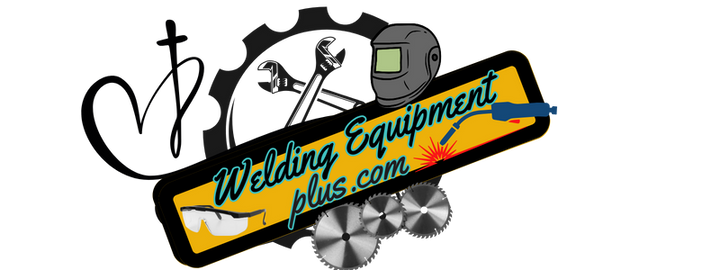Precision fabrication in a workshop demands a combination of skill, technique, and the right tools. Whether you're crafting metal, wood, or other materials, ensuring that your work remains straight, square, and level is crucial to achieving professional results. In this article, we'll explore a range of manual and digital tools that are essential for maintaining precision in your workshop.
Manual Tools:
-
Measuring Tools: Accurate measurements are the foundation of any fabrication project. You'll need a good quality tape measure, a combination square, and a framing square. These tools help ensure your cuts and assemblies are accurate.
-
Levels: A set of bubble levels in different sizes, including a torpedo level for smaller tasks and longer levels for larger projects, is essential for keeping surfaces level and plumb.
-
Straightedges and Rulers: Straightedges and rulers are indispensable for marking straight lines, guiding cuts, and ensuring the alignment of materials. Steel rules, carpenter's squares, and T-squares all have their specific uses.
-
Clamps: Clamps come in various styles, such as bar clamps, C-clamps, and pipe clamps. They are crucial for holding materials in place during fabrication, ensuring they remain square and aligned.
-
Hand Planes: Hand planes are essential for smoothing and flattening surfaces. They help maintain the straightness and levelness of your workpieces.
-
Chisels and Mallets: Chisels and mallets are handy for creating precise joints and removing unwanted material. They are crucial for woodworking and metalworking tasks.
-
Files and Rasps: Files and rasps are used for shaping and finishing materials. They help you achieve smooth, straight, and precise edges.
Digital Tools:
-
Digital Calipers: Digital calipers provide highly accurate measurements, making them indispensable for precision work. They are particularly useful when working with materials that require extreme precision, like electronic components or machining metal parts.
-
Laser Levels: Laser levels project a straight, level, or plumb line over a long distance, making them ideal for large-scale fabrication projects. They ensure that surfaces and structures are perfectly aligned.
-
Digital Angle Finders: Digital angle finders help you measure and set angles with high precision, ensuring that your work remains square and accurately aligned.
-
Digital Protractors: Digital protractors are handy for measuring angles in tight spaces or when you need a digital readout for more accurate results.
-
Tablet or Computer with Design Software: For digital fabrication, a tablet or computer with design software like AutoCAD or SolidWorks is essential. These tools enable you to create detailed plans and blueprints for your projects.
-
Digital Readout Systems: In some workshops, particularly those involving CNC machinery, digital readout systems are used to monitor and control the position and movement of tools and workpieces with extreme precision.
Conclusion
Precision fabrication in a shop requires a careful combination of manual and digital tools to ensure that your work remains straight, square, and level. From basic measuring tools to advanced digital devices, each tool plays a crucial role in achieving accurate and professional results. Investing in quality tools and mastering their use will significantly enhance your ability to create precise and high-quality fabrications in your workshop. So, equip your shop with these essential tools, and you'll be well on your way to crafting exceptional projects.


